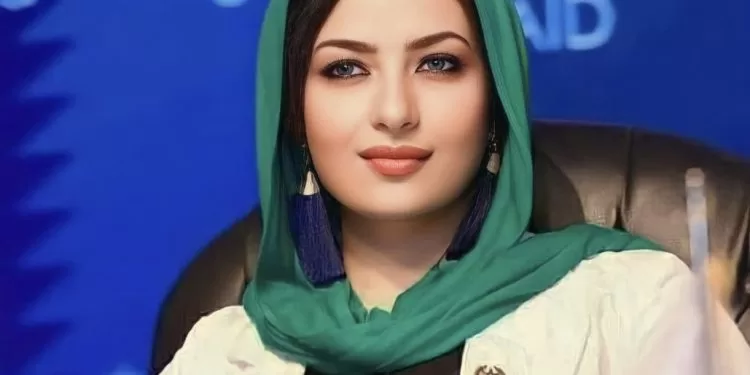Ayat el-Haddad
Member of parliamentary, foreign relations committee
On this International Arabic Language Day, let us pause and appreciate the vibrant melody of our mother tongue. It’s a language steeped in history, woven with threads of poetry, and humming with the wisdom of countless generations.
The Arabic language isn’t just a way of speaking; it echoes in the verses of the Holy Book, guiding us with its wisdom. As Omar ibn Al-Khattab said, “Learn Arabic, for it is part of your religion.”
Yet, our world is a vibrant tapestry, woven with diverse threads of language and custom. We shouldn’t fear the
influence of other colours in our own rich design, but embrace them as opportunities for growth. Like threads
intertwining, learning other languages opens doors to new perspectives and builds bridges of understanding. After all, fluency in another tongue doesn’t diminish the beauty of our own.
While languages like English and French may resonate globally, Arabic boasts a legacy that stretches back centuries. It’s the mother of countless tongues, its intricate grammar and expressive vocabulary a testament to its enduring beauty. This language has carried stories and poems through generations, a bridge connecting hearts and minds across the ages.
Scholars Freitag and Gregoire recognise Arabic’s pivotal role in shaping identity. It binds communities, fostering
understanding and allowing us to express our unique values and traditions. Witness the growing appreciation for Arabic around the world, from France’s official recognition to its presence in countless school curricula.
Public figures like Saad Zaghloul stand as testaments to the importance of safeguarding this linguistic heritage. His fight to replace foreign-language education with Arabic wasn’t just about words; it was about preserving the very soul of Egyptian identity.
Let’s cherish this legacy, not with fear of the unknown, but with an open heart and a spirit of appreciation. May our children embrace the diverse threads of the world while taking pride in their fluency in Arabic.
For by understanding and celebrating our language, we celebrate the rich tapestry of who we are, past, present,
and future.






Discussion about this post